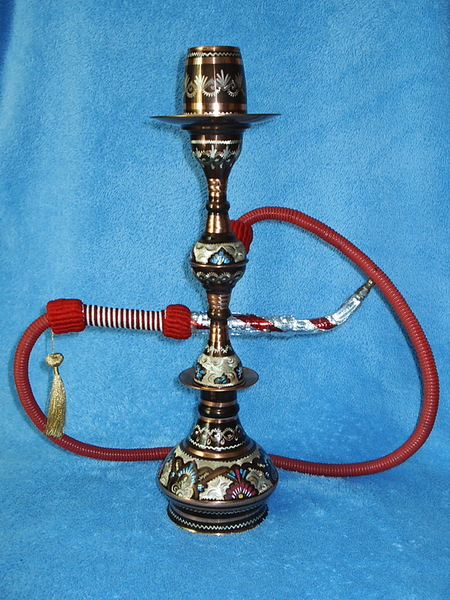A new report that will be presented to the Toronto Board of Health recommends that City Council prohibit the use of hookahs in businesses licensed by the City of Toronto. The report, to be presented at the June 1 meeting of the board, highlights significant health risks linked to smoking hookah products.

“Using a hookah to smoke any substance poses health risks, such as heart and lung diseases, lung cancer and other respiratory problems to users and those exposed to second-hand smoke, including employees,” said Dr. David McKeown, Toronto’s Medical Officer of Health. “Hookah smoking is on the rise among young people, who often mistakenly believe it is a safe form of smoking.”
A hookah is a device that is used to smoke moist tobacco or non-tobacco herbal products, known as shisha. Hookahs are also referred to as waterpipes. Charcoal is used to heat the shisha and produce smoke, which is cooled by the water before the user inhales it. The water does not filter harmful chemicals and particles from the smoke, contrary to common misconceptions.
The Smoke-Free Ontario Act (SFOA) bans smoking tobacco in a hookah in indoor public places and workplaces, but there is currently no law prohibiting indoor non-tobacco hookah use in Toronto establishments. Air-quality monitoring at Toronto hookah businesses suggests that tobacco is sometimes served, potentially without the user knowing it. Toronto researchers have measured harmfully high levels of air pollutants in these businesses regardless of what is being smoked.
“Hookah use in public places undermines the success of the SFOA and other smoke-free laws because it contributes to the social acceptability of smoking in public. This change is an important step toward creating safer and healthier spaces for residents”, said Dr. McKeown.

